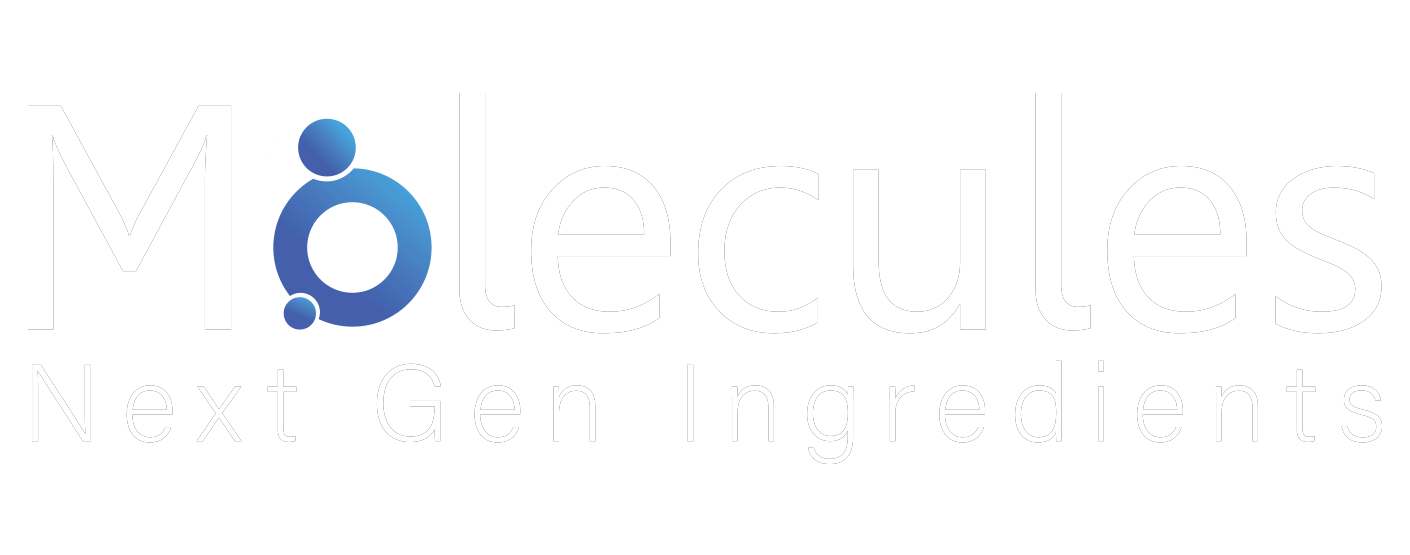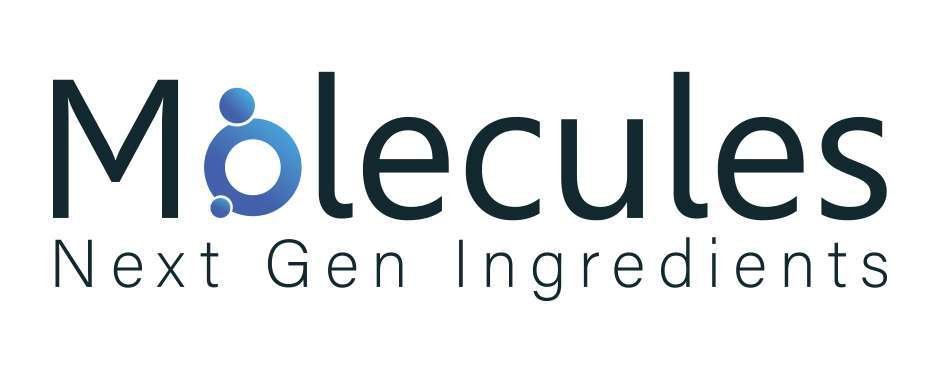Glutathione and its importance
Glutathione is a powerful antioxidant that is naturally produced in the body and is found in every cell. It plays a crucial role in protecting cells from oxidative stress and maintaining overall health. It is composed of three essential amino acids: cysteine, glutamate, and glycine. One of its key functions is to neutralize free radicals, reducing the damage they can cause to cells and DNA. This helps in preventing chronic diseases, supporting the immune system, and promoting detoxification.
Additionally, glutathione is involved in the synthesis of DNA, protein and amino acid transport, enzyme activation, and more. Its presence is vital for various metabolic and biochemical reactions in the body, ensuring the smooth functioning of organs and tissues. Furthermore, it is known for its anti-aging properties, as it supports the maintenance of healthy skin and prevents the formation of age-related macular degeneration. Overall, the presence of glutathione is of utmost importance for the body’s defence against free radicals, toxins, and pathogens, thereby contributing to overall well-being and longevity.
Benefits of Glutathione
Antioxidant Properties: Glutathione is a powerful antioxidant that helps neutralize free radicals and reduce oxidative stress in the body. This can help protect cells from damage and support overall health.
Immune System Enhancement: Glutathione supports the immune system by aiding in the production and functioning of white blood cells. This can help the body defend against infections and strengthen overall immune function.
Detoxification Support: It plays a key role in the body’s detoxification process by helping to remove harmful substances such as pollutants, toxins, and heavy metals. This can contribute to better liver function and overall detoxification.
Skin Health Benefits: It contributes to skin health by helping to protect and repair cells from damage caused by environmental factors such as UV radiation and pollution. This can lead to healthier and more vibrant-looking skin.
Glutathione deficiency and health implications
- Oxidative stress and Cell damage Increased risk of chronic diseases
- Impairment in immune function Accelerated aging
- Leading to a higher toxin load Potential harm to organs and tissues.
- Liver disease, diabetes, and neurodegenerative disorders
How to Increase Glutathione Levels
Foods Rich in Glutathione: Increasing your intake of foods that naturally boost glutathione levels is an effective way to support your body’s production of this essential antioxidant. Incorporate sulphur-rich foods such as garlic, onions, and cruciferous vegetables like broccoli and Brussels sprouts into your diet. Additionally, consuming foods high in selenium, such as nuts and sunflower seeds, can help support glutathione synthesis.
Regular Exercise: Engaging in regular physical activity has been shown to enhance glutathione levels in the body. Both aerobic and anaerobic exercise can stimulate the production of this beneficial antioxidant. Aim for a well-rounded fitness routine that includes cardiovascular exercises, strength training, and flexibility exercises to promote overall health and support glutathione production.
Reducing Toxin Exposure: Minimizing exposure to environmental toxins and pollutants can help preserve your body’s existing glutathione levels. Avoiding smoking, limiting alcohol consumption, and reducing exposure to pesticides and chemicals can support the body’s natural detoxification processes, thus preserving and utilizing glutathione effectively.
Liposomal Glutathione as a Glutathione supplements
Glutathione supplements are becoming increasingly popular due to their potential health benefits. They are often used to support the body’s natural detoxification process and to promote overall well-being. These supplements typically come in the form of capsules, tablets, or even as an ingredient in certain health drinks.
Liposomal glutathione is a powerful antioxidant that plays a crucial role in maintaining overall health and well-being. Liposomal glutathione is a unique form of glutathione that is encapsulated in liposomes, which are tiny, nano-sized spheres with a protective outer layer. This encapsulation allows for better absorption, bioavailability and delivery of glutathione into the cells, making it more effective than traditional oral glutathione supplements. Liposomal glutathione is essential for neutralizing free radicals, supporting liver health, and promoting overall wellness due to its potent antioxidant properties.
Benefits of Liposomal Glutathione
- High stability and enhanced bioavailability
- Powerful antioxidant protection against oxidative stress
- Supports detoxification and elimination of harmful substances from the body
- Boosts immune system function and reduces inflammation
- Assists in the maintenance of optimal cellular health and function
How Does Liposomal Glutathione Work?
Liposomal glutathione works by providing active glutathione directly to the cells, where it can exert its antioxidant effects. The liposomal encapsulation ensures that glutathione is protected from degradation in the digestive system and effectively transported into the bloodstream and cells. Once inside the cells, glutathione acts to neutralize free radicals, eliminate toxins, and support the body’s natural defence mechanisms.
Conclusion
In conclusion, glutathione plays a vital role in various physiological processes within the body, from supporting the immune system to maintaining cellular health. Its antioxidant properties make it an essential component for overall well-being. Liposomal glutathione works by replenishing and maintaining optimal levels of glutathione in the body. It is absorbed into the bloodstream and various tissues more efficiently due to its unique liposomal delivery.



